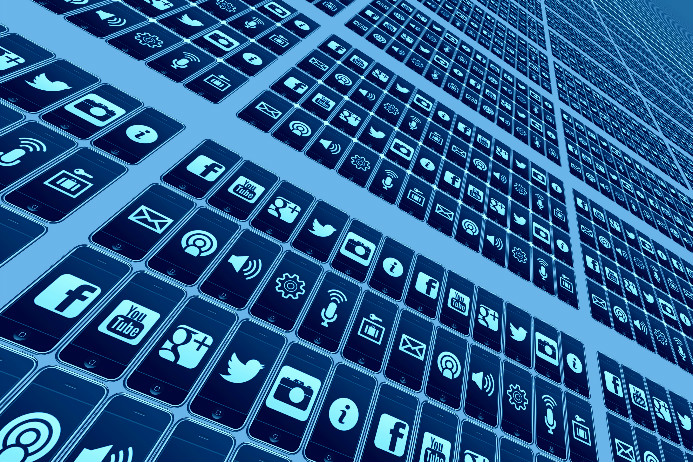Sustainable growth is a buzzword making headlines everywhere. It’s one of the more important concepts today as we over-consume, over-produce and overuse. Economic growth comes at a steep price: sacrificing the environment and ecological systems. There are different ways to save the environment; the most organic way is to follow a sustainable growth approach using technology. The Internet of Things (IoT), clean technology, and shared economy are all sustainable solutions for environmental problems.
Impact of Clean
Let’s talk about clean technology. This is a broad term that intertwines technology with energy efficiency, renewable energy and green economics. Renewable energy is a major priority for the Sustainable Development Goals (SDG) especially since studies show the “world’s energy is no cleaner than it was 20 years ago because of rising reliance on coal fired generation in China, India and parts of Europe.” Developing countries, on the other hand, are building more solar, wind and hydro power plants to sustain the increasing power demand. The top countries for FDI investment in renewable energy are Chile, Morocco, Egypt, Myanmar and India. Morocco is actually one of the most advanced countries in Africa in terms of solar energy generation, with approximately $2 billion of foreign direct investment. Solar energy is a driving force behind the country’s domestic industrialization and Morocco could become a major energy export player for Spain, Portugal and the rest of Africa. Other countries, such as Costa Rica, produced 99% of its energy from renewable sources. The island set a milestone record of not using fossil fuel energy for 94 consecutive days. So for three full months, Costa Ricans relied on renewable energy for electricity, water, air conditioning, power and so forth. Over the next 10 years, Costa Rica aims to become a completely carbon neutral countty. Keep in mind costs associated with renewable energy development are lower than that of regular/traditional power sources and have a significantly larger effect at reducing pollution. This is a great way to promote sustainable growth with a lighter footprint and lower rate of harmful gas emissions.
Impact of the Internet of Things
The Internet of Things (IoT) is changing the landscape of sustainable growth. IoT devices are more readily available in developing world and are easily implemented. There is minimal ‘tweaking’ required to make an IoT device suited for emerging markets. A common question is whether a developing country will be able to implement devices with minimum infrastructure. The Internet of Things is based on interconnectivity and studies show that core infrastructure already supports a digital backbone because 95% of the world’s population has 2G coverage and 65% has 3G coverage. IoT devices are highly scalable and adopt the simple ‘Plug and Play’ method. They can also run in areas with low electricity or where electrical power grids are unavailable because renewable power sources (solar, wind, etc) can maintain these sensors and networks.
The problem of ‘no electricity’ is no longer a problem when IoT and renewable power comes to play.
It shouldn’t be a surprise Internet and digital technologies are also ‘mega-trends’ transforming the way we work, live and socialize. Companies like Uber, Lyft, Task Rabbit, Instacart, Postmates are ‘share economy’ employers who enable people to work flexible schedules in non-specialized roles, and earn a living in a non-traditional way. According to PwC, approximately 7% of adults in the United States are working on shared platform and in a peer economy. Shared economy transforms the labour market by improving productivity and increasing employment numbers.
Inclusive Approach Needed
Shared economy, clean technology and Internet of Things are just examples of ways governments can promote sustainable economic growth. The real key to change is to use technology in an accountable and transparent way and to build trust between community and its political leaders. Sustainable growth is inclusive, human centred, interdependent upon people and technology, to build a better and safer quality of life.
